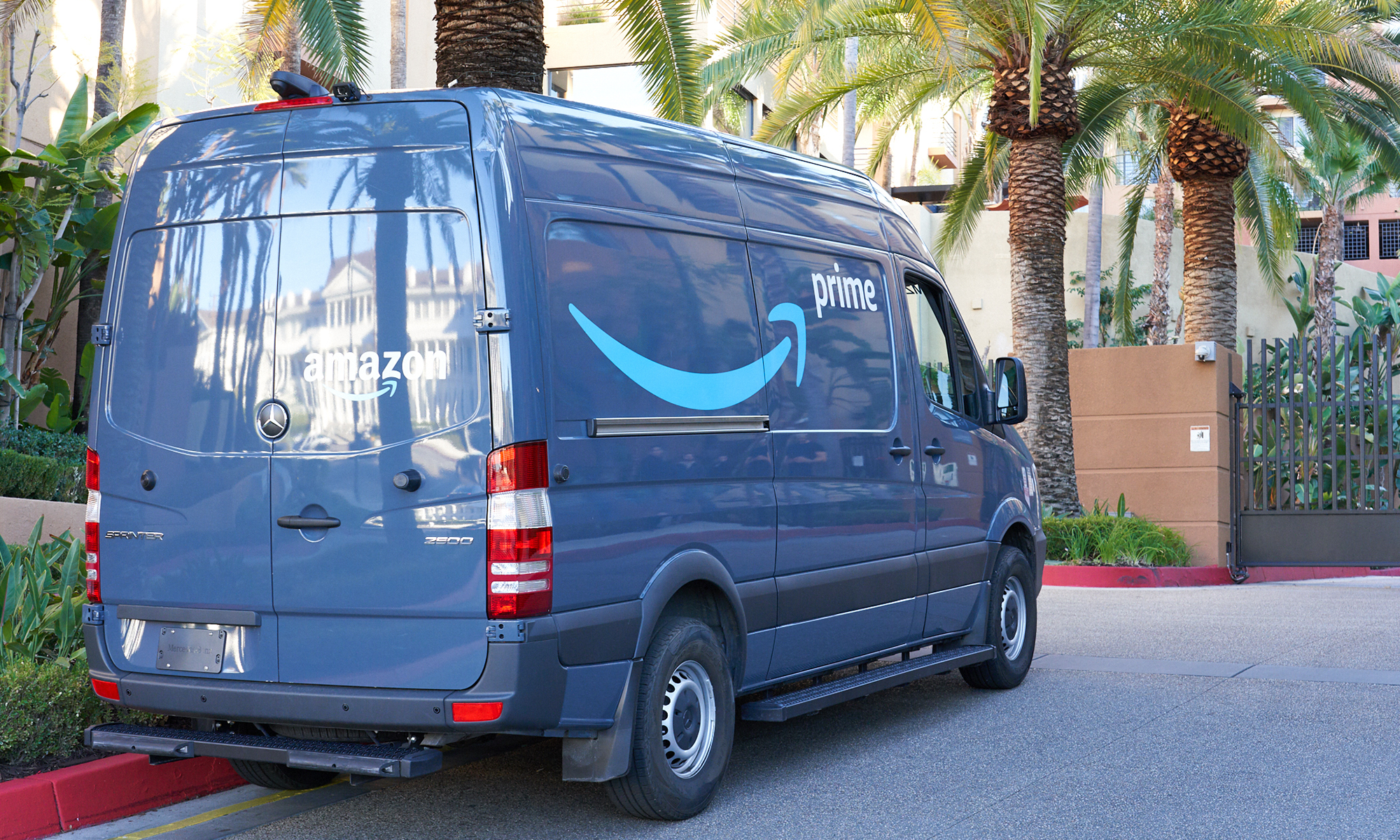Warren Buffett has spoken publicly about his disdain for cryptocurrencies. He's talked about his concerns about artificial intelligence (AI). But what has the "Oracle of Omaha" said about quantum computing? As far as I know, nothing.
But the legendary investor does have a favorite quantum computing stock. And it's not IonQ (IONQ 1.07%), D-Wave Quantum (QBTS 2.27%), or Rigetti Computing (RGTI 1.44%).

Image source: The Motley Fool.
Buffett's quantum leap
If you look through Buffett's Berkshire Hathaway (BRK.A +0.53%) (BRK.B +0.61%) portfolio, you won't find many quantum computing stocks. Actually, you'll see only one: Amazon (AMZN 0.17%).
Admittedly, Amazon probably isn't the first stock that would come to mind when the subject of quantum computing is mentioned. However, the company definitely belongs in the quantum computing club for a couple of reasons.
For one thing, Amazon Web Services (AWS) offers a service called Amazon Braket that's focused exclusively on quantum computing. Amazon Braket allows customers to use several types of quantum computers, including superconducting systems from IQM Quantum Computers and Rigetti. It supports IonQ's trapped-ion quantum computers. Braket also allows customers to use QuEra Computing's Rydberg atom-based quantum computing systems.
More importantly, though, Amazon is investing heavily in developing its own quantum computing technology. Earlier this year, AWS announced a prototype quantum computing chip called Ocelot. This chip reduces the cost of quantum error correction by as much as 90%. Oskar Painter, AWS director of Quantum Hardware, stated in the press release announcing Ocelot that the new chip "will accelerate our timeline to a practical quantum computer by up to five years."
Did Buffett buy shares of Amazon because of the company's quantum computing efforts? Nope. Actually, he didn't make the call to initiate a position in the stock back in 2019. Buffett revealed the decision was instead made by one of Berkshire's two investment managers, Todd Combs or Ted Weschler. However, he seemed to like the move, telling CNBC in an interview that he had been "an idiot for not buying" Amazon sooner.

NASDAQ: AMZN
Key Data Points
Buffett owns a stake in another quantum computing stock, too
While Amazon is the only quantum computing stock listed among Berkshire Hathaway's holdings, Buffett technically owns a stake in another quantum computing pioneer, too. He indirectly has a position in IonQ.
Would Buffett buy shares of IonQ himself? It's highly unlikely. The 95-year-old billionaire has frequently stated that he limits his investments to businesses inside his circle of competence. Quantum computing isn't exactly in Buffett's wheelhouse.
However, Buffett owns a massive stake in Berkshire Hathaway. Berkshire owns 10 million shares of Amazon. And Amazon owns (you probably guessed it) a position in IonQ. Granted, this isn't a huge holding: Amazon's investment in IonQ was worth only $36.7 million as of June 30, 2025. But, at least by extension, Buffett owns a little part of IonQ.

NYSE: IONQ
Key Data Points
Is Amazon the best quantum computing stock?
Amazon is Buffett's favorite quantum computing stock, but is it the best one? Several other companies have more advanced quantum computing initiatives than Amazon. Some, including IonQ, could benefit more from advances in quantum technology because they're pure plays while quantum computing is a relatively minor focus for Amazon.
We could correctly describe Amazon as the 800-pound gorilla in the e-commerce market. As online shopping chips away at the market share held by brick-and-mortar stores, Amazon should be one of the biggest winners. AWS ranks as the largest cloud services provider. The unit enjoys a tremendous tailwind from surging AI adoption. Amazon also provides a way for investors to dip their toes into other new growth opportunities. For example, the company's Zoox business is a contender in the promising robotaxi market.
For investors who want to bet heavily on quantum computing, other stocks will probably be better choices. But I think Amazon is a great pick for investors who want solid long-term growth with some exposure to quantum computing.





